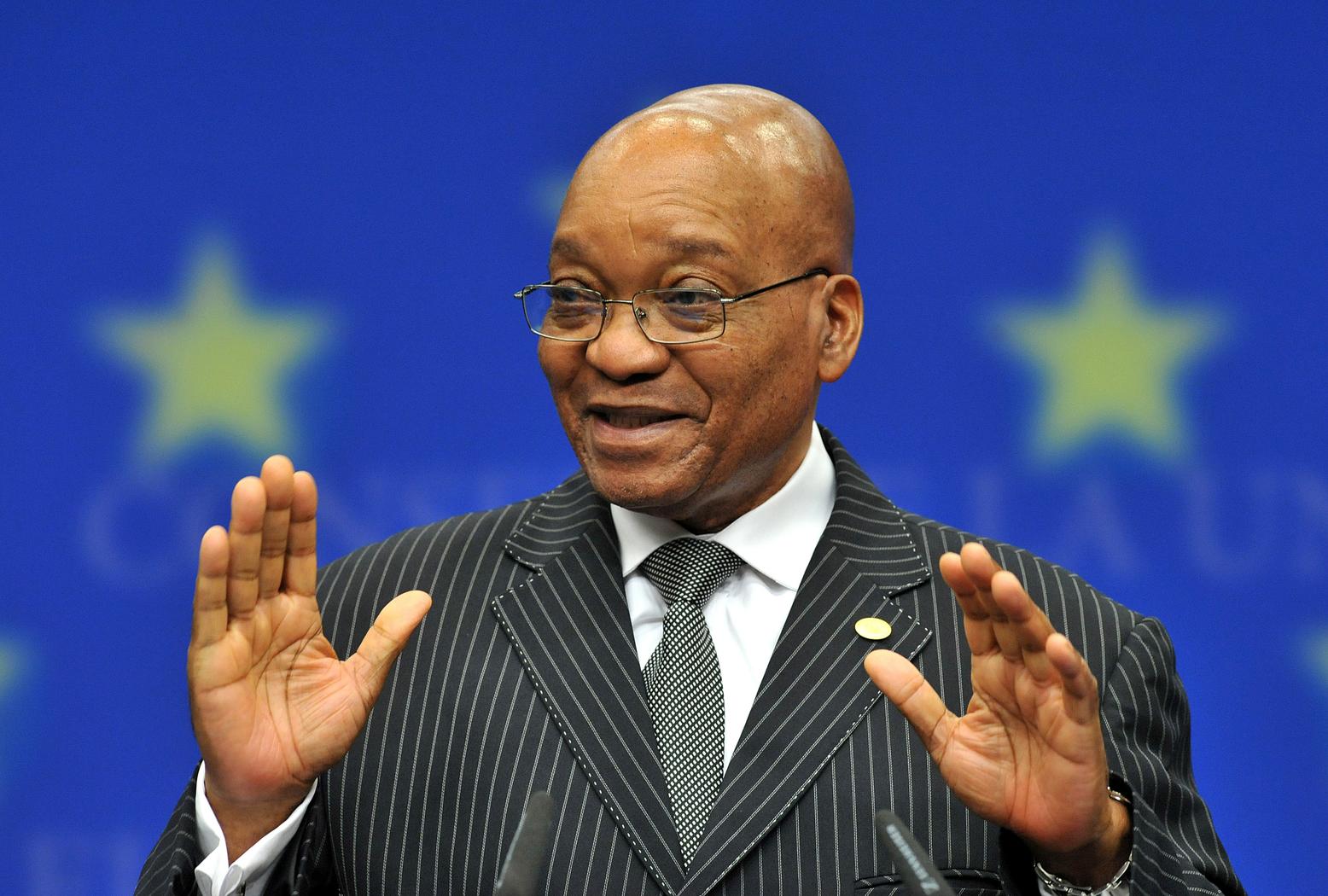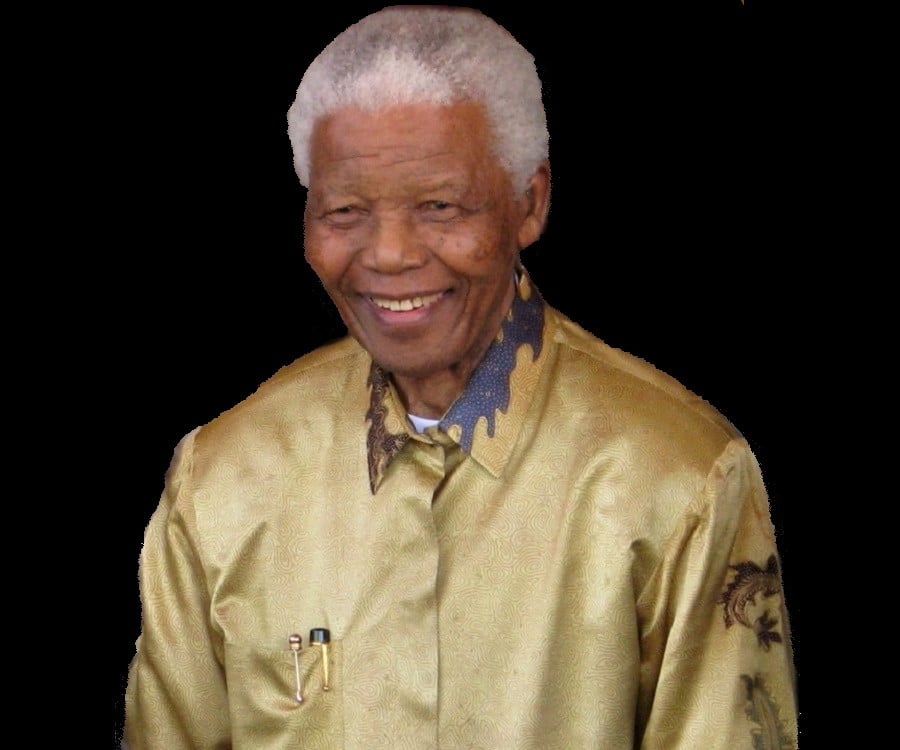South Africa, a land of vibrant cultures, stunning landscapes, and a complex history, has captivated the world for centuries. From its iconic wildlife to its influential figures, there's so much to explore and understand about this fascinating nation and its people.
Understanding the nuances of South African society can be challenging. The echoes of apartheid still resonate, impacting economic opportunities, social structures, and everyday life for many South Africans. Navigating these complexities requires sensitivity and a commitment to learning.
This blog post aims to shed light on the diverse aspects of South African life, celebrating its achievements, acknowledging its struggles, and providing insights into the nation's unique character. Whether you're interested in South African history, culture, or travel, this guide will offer a valuable perspective.
From famous South Africans like Nelson Mandela and Charlize Theron to the country's breathtaking natural beauty and diverse wildlife, we'll delve into what makes South Africa so special. We will explore the country's history, culture, and current challenges, all while highlighting the spirit of resilience and hope that defines its people.
South Africans: A Personal Journey
My first encounter with South African culture came through music. The powerful voices of Miriam Makeba and Hugh Masekela, singing about the struggles and triumphs of their people, resonated deeply. I remember being moved by their artistry and feeling a strong desire to learn more about South Africa. This led me to explore the country's history, reading about the apartheid era and the long fight for equality. The stories of resilience and forgiveness were truly inspiring. South Africa, with its unique blend of African, European, and Asian influences, is a cultural melting pot. The rainbow nation, as it is often called, reflects this diversity in its music, art, food, and traditions. Understanding South Africa means embracing its complexities and appreciating the contributions of all its people. It's a nation still grappling with its past, but also striving towards a brighter future. The spirit of Ubuntu, the belief in a shared humanity, is alive and well, guiding South Africans as they build a more just and equitable society.

South Africa's journey is a testament to the power of the human spirit. It is a story of overcoming adversity, embracing diversity, and working towards a more inclusive future. The legacy of Nelson Mandela, a symbol of hope and reconciliation, continues to inspire people around the world.
South Africans: Defining a Nation
What does it mean to be South African? It's a question with no easy answer, encompassing a rich tapestry of identities and experiences. South Africans are a diverse group of people, united by their shared history, their love for their country, and their commitment to building a better future. The term "South African" encompasses people of various ethnic backgrounds, including African, European, Asian, and mixed-race heritage. Each group brings its own unique traditions, languages, and perspectives to the national identity. South African culture is a vibrant blend of these different influences, creating a unique and dynamic society. The country's history, particularly the apartheid era, has shaped the national identity in profound ways. The struggle for equality and justice has instilled a strong sense of resilience and determination in the South African people. This shared history also serves as a reminder of the importance of reconciliation and unity. Beyond the historical and cultural factors, being South African also means sharing a common love for the country's stunning landscapes, its diverse wildlife, and its vibrant cities. From the beaches of Cape Town to the mountains of Drakensberg, South Africa offers a wealth of natural beauty. The country is also home to a thriving arts and culture scene, with talented musicians, artists, and writers making significant contributions to the global stage.

Being South African is about embracing diversity, celebrating the country's unique heritage, and working towards a more just and equitable society for all. It's about honoring the past while building a brighter future, and cherishing the spirit of Ubuntu that binds the nation together.
South Africans: History and Myths
South Africa's history is a complex and often painful one, filled with both remarkable achievements and deep injustices. From the early indigenous populations to the arrival of European settlers and the subsequent apartheid era, the country's past has shaped its present in profound ways. Understanding this history is crucial to understanding the challenges and opportunities that South Africa faces today. One common myth is that South Africa was solely a product of European colonization. While European influence was undeniable, it's important to remember the rich and diverse civilizations that existed in the region long before the arrival of settlers. These civilizations, including the Khoisan and Bantu-speaking peoples, had their own distinct cultures, languages, and social structures. The apartheid era, a system of racial segregation and discrimination, is a particularly dark chapter in South African history. This period saw the systematic oppression of black South Africans and the denial of their basic human rights. The struggle against apartheid was a long and arduous one, but it ultimately led to the triumph of justice and the establishment of a democratic society. The legacy of apartheid continues to resonate in South Africa today, impacting economic opportunities, social structures, and everyday life for many. Addressing these inequalities and promoting reconciliation remains a major challenge for the nation. While the struggle against apartheid is a defining moment in South African history, it's important to remember that the country's story is much more than just that. South Africa has a rich cultural heritage, a vibrant arts scene, and a diverse population. It's a nation of resilience, hope, and a commitment to building a better future for all its people.

Learning about the history and debunking the myths surrounding South Africa is essential for gaining a deeper understanding of the country and its people. It allows us to appreciate the challenges they have overcome, the achievements they have made, and the ongoing journey towards a more just and equitable society.
South Africans: Hidden Secrets
Beyond the well-known landmarks and historical narratives, South Africa holds many hidden secrets waiting to be discovered. From ancient rock art to forgotten towns and unique cultural traditions, exploring these lesser-known aspects of the country can offer a deeper appreciation for its richness and diversity. One hidden secret is the existence of numerous San rock art sites scattered across South Africa. These ancient paintings, created by the indigenous San people, provide valuable insights into their beliefs, customs, and way of life. Many of these sites are located in remote areas and are not widely known to the public. Another hidden secret is the existence of several abandoned towns, remnants of South Africa's mining past. These ghost towns, once bustling centers of activity, now stand as silent reminders of a bygone era. Exploring these towns can be a fascinating journey back in time, offering a glimpse into the lives of the people who once lived and worked there. South Africa is also home to many unique cultural traditions that are not widely known outside of specific communities. These traditions, passed down through generations, reflect the diverse cultural heritage of the South African people. Discovering these hidden secrets requires a willingness to venture off the beaten path and explore the less-traveled corners of the country. It also requires a respect for the local cultures and a commitment to learning from the people who call these places home. By uncovering these hidden secrets, we can gain a deeper understanding of South Africa's rich history, its diverse cultures, and its enduring spirit.

Exploring the hidden secrets of South Africa reveals a deeper and more nuanced understanding of the country's history, culture, and people. It's a journey of discovery that can enrich our appreciation for this remarkable nation.
South Africans: Recommendations
For those interested in learning more about South Africa, there are countless resources available, from books and films to museums and cultural experiences. Here are a few recommendations to get you started on your journey of discovery. For a comprehensive overview of South African history, consider reading "Long Walk to Freedom" by Nelson Mandela. This autobiography provides a firsthand account of Mandela's life and the struggle against apartheid. It's a powerful and moving story that will leave a lasting impression. If you're interested in South African literature, explore the works of Nadine Gordimer, a Nobel Prize-winning author whose novels explore the complexities of race, class, and identity in South Africa. Her books offer insightful and often challenging perspectives on South African society. To experience South African culture firsthand, visit the Apartheid Museum in Johannesburg. This museum provides a moving and informative account of the apartheid era, highlighting the injustices of the system and the resilience of the South African people. For a taste of South African cuisine, try traditional dishes like biltong (dried cured meat), boerewors (farmer's sausage), and bunny chow (a hollowed-out loaf of bread filled with curry). These dishes offer a delicious glimpse into South Africa's culinary heritage. If you're planning a trip to South Africa, consider visiting Kruger National Park, one of the largest game reserves in Africa. Here, you can witness the "Big Five" (lion, leopard, elephant, rhino, and buffalo) and experience the beauty of the African bush. There are numerous documentaries and films that offer insights into South African history and culture. These resources provide a visual and engaging way to learn about the country and its people.

These are just a few recommendations to get you started on your exploration of South Africa. The country has so much to offer, and there's always something new to discover.
South Africans and Related Keywords
Understanding South Africans requires a consideration of several related keywords that provide context and deeper meaning. These keywords include apartheid, reconciliation, Ubuntu, diversity, and resilience. Apartheid, the system of racial segregation and discrimination that was enforced in South Africa for decades, is a crucial keyword for understanding the country's history and its ongoing challenges. The legacy of apartheid continues to shape South African society, impacting economic opportunities, social structures, and everyday life for many. Reconciliation, the process of healing and rebuilding relationships after conflict, is another important keyword. South Africa has made significant strides in reconciliation since the end of apartheid, but the process is ongoing and requires sustained effort. Ubuntu, an African philosophy that emphasizes the interconnectedness of humanity, is a key value in South African society. Ubuntu promotes compassion, empathy, and a sense of shared responsibility. Diversity, the presence of a wide range of human qualities and attributes within a group, organization, or society, is a defining characteristic of South Africa. The country is home to a diverse population, with people of various ethnic backgrounds, languages, and cultures. Resilience, the ability to recover quickly from difficulties, is a trait that has been demonstrated repeatedly by the South African people. From the struggle against apartheid to the challenges of building a democratic society, South Africans have shown remarkable resilience in the face of adversity. Understanding these related keywords is essential for gaining a more nuanced and comprehensive understanding of South Africa and its people. They provide context for the country's history, its values, and its ongoing journey towards a more just and equitable society.

By considering these related keywords, we can gain a deeper appreciation for the complexities and nuances of South African society and its ongoing journey towards a better future.
South Africans: Tips
Whether you're planning a visit to South Africa or simply want to learn more about the country, here are some tips to help you make the most of your experience. Before you travel, research the local customs and traditions to avoid inadvertently causing offense. South Africa is a diverse country, and customs can vary from region to region. Be respectful of the local cultures and traditions, and be mindful of your language and behavior. When interacting with South Africans, be open and friendly. South Africans are generally warm and welcoming people, and they appreciate visitors who are genuinely interested in their culture. Learn a few basic phrases in one of the local languages, such as Afrikaans or Zulu. This will show respect for the local culture and help you connect with people on a deeper level. Be aware of your surroundings and take precautions to protect yourself from crime. Like any major city, South Africa has its share of crime, so it's important to be vigilant and take steps to protect yourself. Avoid walking alone at night in unfamiliar areas, and be careful when using public transportation. Be prepared for all types of weather. South Africa has a diverse climate, so it's important to pack clothing for all types of weather. Bring sunscreen, a hat, and sunglasses to protect yourself from the sun, and pack a raincoat or umbrella in case of rain. Support local businesses and communities. When you travel, try to support local businesses and communities by purchasing goods and services from them. This will help to boost the local economy and promote sustainable tourism.

These tips will help you have a safe, enjoyable, and enriching experience in South Africa, allowing you to connect with the country's culture and people on a deeper level.
South Africans and Related Keywords
Exploring South Africans necessitates understanding related keywords that add depth and context. These keywords encompass social justice, equality, cultural heritage, economic development, and global impact. Social justice plays a crucial role in South Africa, addressing historical inequalities and promoting fairness in areas like access to education, healthcare, and employment. The pursuit of social justice aims to create a more equitable society for all South Africans. Equality, a fundamental principle, emphasizes equal rights and opportunities regardless of race, gender, or social status. South Africa has made strides towards equality since the end of apartheid, but ongoing efforts are needed to address persistent disparities. Cultural heritage, including languages, traditions, and historical sites, is an integral part of South African identity. Preserving and promoting cultural heritage celebrates the country's diversity and fosters a sense of belonging. Economic development is vital for improving the living standards of South Africans and reducing poverty. Strategies for economic development focus on creating jobs, attracting investment, and promoting entrepreneurship. Global impact reflects South Africa's role in international affairs, including its contributions to peace, security, and development in Africa and beyond. South Africa actively engages in diplomacy and collaboration to address global challenges. Grasping these related keywords provides a holistic view of South Africans and their journey towards a more just, prosperous, and influential nation.
South Africans: Fun Facts
Beyond its rich history and diverse culture, South Africa is also a land of fascinating fun facts. Here are a few to pique your interest: South Africa has 11 official languages, more than any other country in the world. This reflects the country's diverse cultural heritage and the importance of linguistic diversity. Table Mountain in Cape Town is one of the oldest mountains in the world, estimated to be over 600 million years old. It's a popular tourist destination and a symbol of Cape Town's natural beauty. South Africa is the only country in the world to have hosted the FIFA World Cup, the Rugby World Cup, and the Cricket World Cup. This demonstrates the country's passion for sports and its ability to host major international events. The world's largest diamond, the Cullinan Diamond, was discovered in South Africa in 1905. It weighed over 3,100 carats and was later cut into several smaller stones, some of which are now part of the British Crown Jewels. South Africa is home to the world's highest commercial bungee jumping point, located at Bloukrans Bridge. This adrenaline-pumping activity attracts adventure seekers from around the world. The Karoo region of South Africa is known for its unique fossils, including those of early dinosaurs and mammal-like reptiles. This makes it a popular destination for paleontologists and fossil enthusiasts. South Africa is the only country in the world to have voluntarily given up its nuclear weapons program. This demonstrates the country's commitment to peace and disarmament. These fun facts offer a glimpse into the unique and fascinating aspects of South Africa, showcasing its diverse culture, stunning natural beauty, and remarkable achievements.

Learning these fun facts can add to your appreciation for South Africa and its unique place in the world.
South Africans: How to
Whether you're looking to connect with South Africans online or in person, there are several ways to build meaningful relationships and learn from their experiences. Here are some tips on how to engage with South Africans respectfully and authentically: Join online communities and forums that focus on South African culture, history, and current events. This is a great way to connect with South Africans from around the world and learn from their perspectives. Be active in these communities, share your thoughts and ideas, and ask questions. Attend cultural events and festivals that celebrate South African culture. This is a great way to experience South African music, dance, food, and art firsthand. Look for events in your local area or consider traveling to South Africa to attend a major festival. Volunteer with organizations that support South African communities. This is a great way to give back to the community and learn about the challenges and opportunities that South Africans face. There are many organizations that work on issues such as poverty, education, and healthcare. Learn about South African history and culture. This will help you understand the context of South African society and appreciate the diversity of its people. Read books, watch documentaries, and visit museums to learn more. Be respectful of South African customs and traditions. Before you interact with South Africans, take some time to learn about their customs and traditions. This will help you avoid inadvertently causing offense and show that you are respectful of their culture. Be open to learning from South Africans. Everyone has something to teach, and South Africans are no exception. Be open to learning from their experiences, perspectives, and insights. Building relationships with South Africans can be a rewarding and enriching experience. By following these tips, you can connect with South Africans authentically and learn from their unique perspectives.

South Africans: What If
What if South Africa had never overcome apartheid? What if Nelson Mandela had never been released from prison? These are thought-provoking questions that can help us appreciate the progress that South Africa has made and the challenges that it still faces. If South Africa had never overcome apartheid, the country would likely still be divided along racial lines, with black South Africans denied basic human rights. The economy would be stunted, and the country would be isolated from the international community. If Nelson Mandela had never been released from prison, the struggle against apartheid would have likely continued for many years, with more violence and bloodshed. Mandela's leadership and his commitment to reconciliation were essential to the peaceful transition to democracy. What if South Africa had not embraced the spirit of Ubuntu? The spirit of Ubuntu, which emphasizes the interconnectedness of humanity, has been crucial to building a more just and equitable society in South Africa. Without this spirit, the country would likely be more divided and less cohesive. What if South Africa had not made progress in addressing poverty and inequality? While South Africa has made progress in addressing poverty and inequality, these challenges remain significant. If the country had not made progress in these areas, social unrest and instability would likely be more widespread. These "what if" scenarios highlight the importance of the choices that South Africa has made and the challenges that it still faces. They remind us that progress is not inevitable and that it requires sustained effort and commitment.

South Africans: Listicles
Here is a listicle about South Africans: 1. **Nelson Mandela:** The anti-apartheid revolutionary, politician, and philanthropist who served as South Africa's first black president from 1994 to 1999. A global icon of peace and reconciliation. 2. **Desmond Tutu:** An Anglican cleric and theologian known for his work as an anti-apartheid and human rights activist. Nobel Peace Prize laureate. 3. **Charlize Theron:** An Academy Award-winning actress and producer, known for her roles in films like "Monster," "Mad Max: Fury Road," and "Bombshell." 4. **Trevor Noah:** A comedian, writer, producer, political commentator, actor, and television host. Host of "The Daily Show." 5. **Elon Musk:** A business magnate, industrial designer, and engineer. Founder, CEO, CTO, and chief designer of SpaceX; early-stage investor, CEO, and product architect of Tesla, Inc. 6. **Miriam Makeba:** A singer and civil rights activist. Associated with musical genres such as Afropop, jazz, and world music. 7. **J.R.R. Tolkien:** Author of high fantasy works The Hobbit and The Lord of the Rings. Born in Bloemfontein, South Africa. 8. **Caster Semenya:** Olympic gold medalist and middle-distance runner. 9. **Siya Kolisi:** The first black captain of the South African national rugby team, the Springboks, who led them to victory in the 2019 Rugby World Cup. 10. **Nadine Gordimer:** A writer and political activist, Nobel Prize in Literature laureate, known for her novels and short stories about the complexities of apartheid and its impact on South African society. These South Africans have made significant contributions to their respective fields and have helped to shape the world we live in today. Their stories are inspiring and their legacies will continue to inspire generations to come.

Question and Answer about South Africans
Q: What are some key aspects of South African culture? A: South African culture is incredibly diverse, influenced by African, European, Asian, and indigenous traditions. Music, dance, art, and cuisine are all vibrant expressions of this diversity. The concept of "Ubuntu," emphasizing community and compassion, is also central to South African culture.
Q: What were the main effects of apartheid? A: Apartheid had devastating effects on South African society, creating deep racial inequalities in access to education, healthcare, housing, and employment. It led to widespread poverty, social unrest, and trauma that continues to impact the country today.
Q: What are some challenges South Africa faces today? A: South Africa faces several challenges, including high levels of poverty and inequality, unemployment, corruption, and crime. Addressing these challenges requires sustained effort and a commitment to social justice and economic development.
Q: How can I be respectful when interacting with South Africans? A: Be mindful of the country's history and the sensitivities surrounding race and inequality. Learn about local customs and traditions. Be open to learning from South Africans' experiences and perspectives. Show respect for all cultures and languages.
Conclusion of South Africans
South Africa is a nation of immense beauty, complex history, and remarkable people. From its stunning landscapes to its vibrant cultures and its ongoing journey towards a more just and equitable society, South Africa offers a wealth of experiences and insights. By exploring its history, understanding its challenges, and celebrating its achievements, we can gain a deeper appreciation for this remarkable nation and its enduring spirit.


